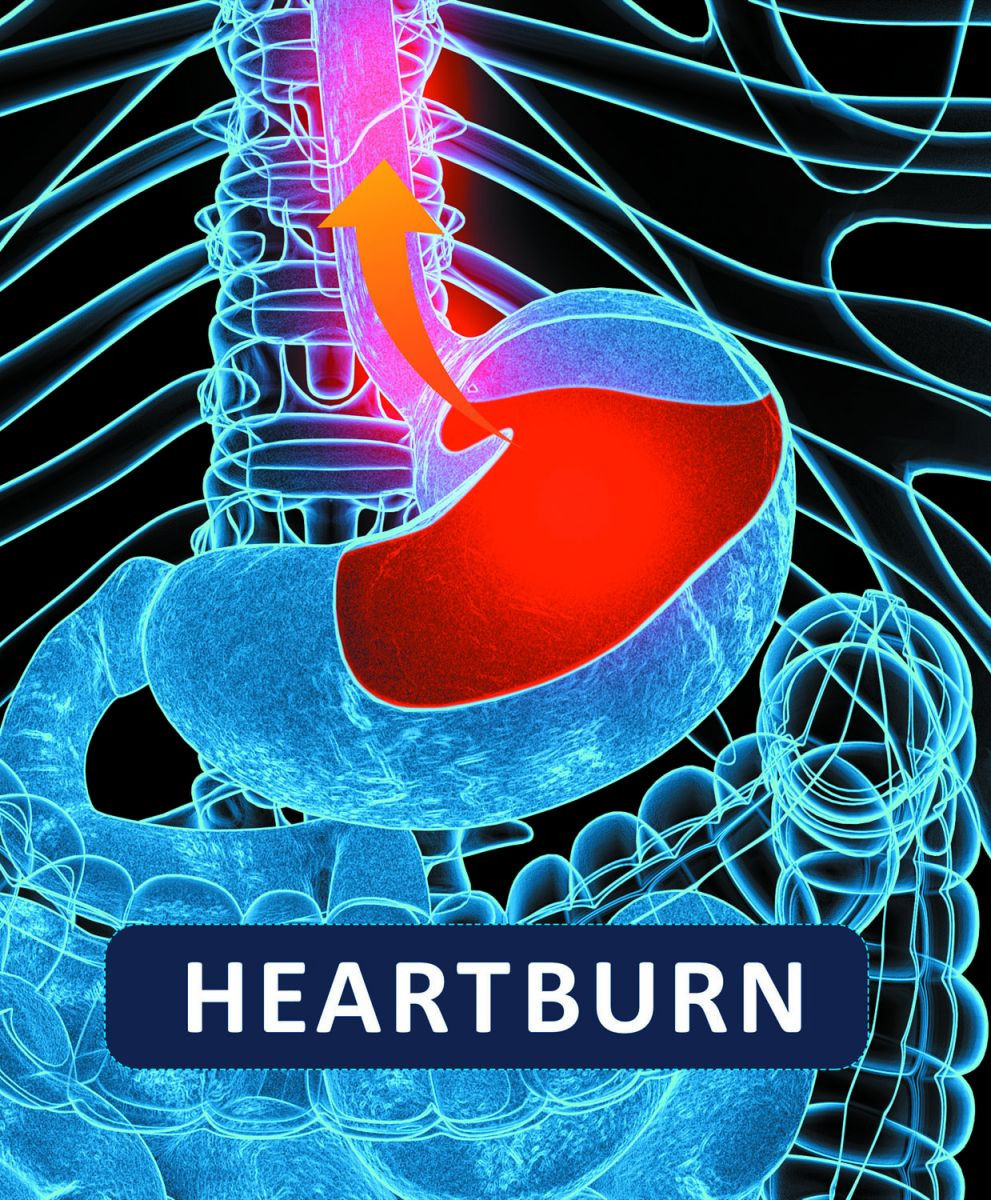
Wildfires: How to cope when smoke affects air quality and health

What can magnesium do for you and how much do you need?

Dry socket: Preventing and treating a painful condition that can occur after tooth extraction

What happens during sleep �� and how to improve it

How is metastatic prostate cancer detected and treated in men over 70?

Could biofeedback help your migraines?

What is autism spectrum disorder?

Plantar warts: Options for treating this common foot condition

Cancer survivorship: What comes next after treatment

Nutritional yeast: Does this savory, vegan seasoning pack a nutritional punch?
Heart Disease Archive
Articles
Is your daily nap doing more harm than good?
Naps can be healthy for adults who need to catch up on sleep or work odd hours, but they can also make it more difficult to sleep at night and be a sign of a sleep disorder. Naps should be short and limited to the early afternoon to prevent them from interfering with nighttime sleep. People who have the urge to nap daily should consider whether they need to improve their nighttime sleep habits.
Autoimmune diseases pose a threat to the heart
People with autoimmune diseases may be up to three times more likely to develop cardiovascular disease than people without an autoimmune disease. Among the most common autoimmune diseases are rheumatoid arthritis, psoriasis, and lupus. Awareness of this elevated risk is especially important because autoimmune disease typically strikes when people are in their 20s or 30s. In turn, heart problems may develop up to a decade earlier than in people without an autoimmune disease. A calcium scan, which detects early signs of atherosclerosis, can help assess a person's risk and guide treatment advice.
After the baby grows up, how will your heart fare?
Pregnancy and reproductive complications, including high blood pressure, diabetes, pre-eclampsia, infertility, and stillbirth, are linked with higher cardiovascular risks in affected women many years later. Such complications affect 5% to 10% of pregnancies and are rising as obesity rates increase and more women postpone pregnancy. Ongoing preventive care and screenings are crucial for women who experienced pregnancy complications to monitor blood pressure, cholesterol, and blood sugar levels and treat any irregularities aggressively.
Men, women, and red meat risk: Maybe both sexes should put down the burger
A 2023 review of 70 studies found that both unprocessed and processed red meat are linked to higher risks of cardiovascular disease and diabetes, with no apparent difference in risk between men and women.
Heart-healthy eating: How does your diet stack up?
Four eating patterns—including the DASH, Mediterranean, pescatarian, and vegetarian diets—align most closely with recommendations for a heart-healthy diet, according to a 2023 scientific statement from the American Heart Association. These diets limit saturated fat and excess carbohydrates, especially highly processed carbohydrates and sugary drinks. Evidence supporting these diets comes from decades of randomized trials, population-based studies, and other research.
Having one chronic condition can boost the risk for others
Many chronic conditions seem to be related. Examples include obesity, high blood pressure, type 2 diabetes, high cholesterol, and heart disease; hearing loss and dementia; obstructive sleep apnea and high blood pressure; various autoimmune diseases; and obesity and joint problems. People with chronic conditions should ask their doctors about the risk for associated diseases.In some cases, they should have certain health screenings to check for them. In other cases, additional screening isn't automatic.
The (almost) last word on alcohol and health
Research into the health benefits of alcohol has not provided a clear answer. Some findings suggest that alcohol helps protect against heart disease and lowers the risk of heart attacks and strokes, and drinkers tend to live longer than nondrinkers. Other studies say these benefits are less clear. If you don't drink alcohol now, there are no health reasons to start drinking. If you do enjoy it, it's best to have no more than 2 drinks in the same day.
24-hour blood pressure monitoring outperforms clinic readings
Wearing a device that automatically records blood pressure every 30 to 60 minutes for 24 hours (known as ambulatory blood pressure monitoring) may better predict death from cardiovascular disease and other causes than clinic blood pressure readings.

Wildfires: How to cope when smoke affects air quality and health

What can magnesium do for you and how much do you need?

Dry socket: Preventing and treating a painful condition that can occur after tooth extraction

What happens during sleep �� and how to improve it

How is metastatic prostate cancer detected and treated in men over 70?

Could biofeedback help your migraines?

What is autism spectrum disorder?

Plantar warts: Options for treating this common foot condition

Cancer survivorship: What comes next after treatment

Nutritional yeast: Does this savory, vegan seasoning pack a nutritional punch?
Free Healthbeat Signup
Get the latest in health news delivered to your inbox!
Sign Up











